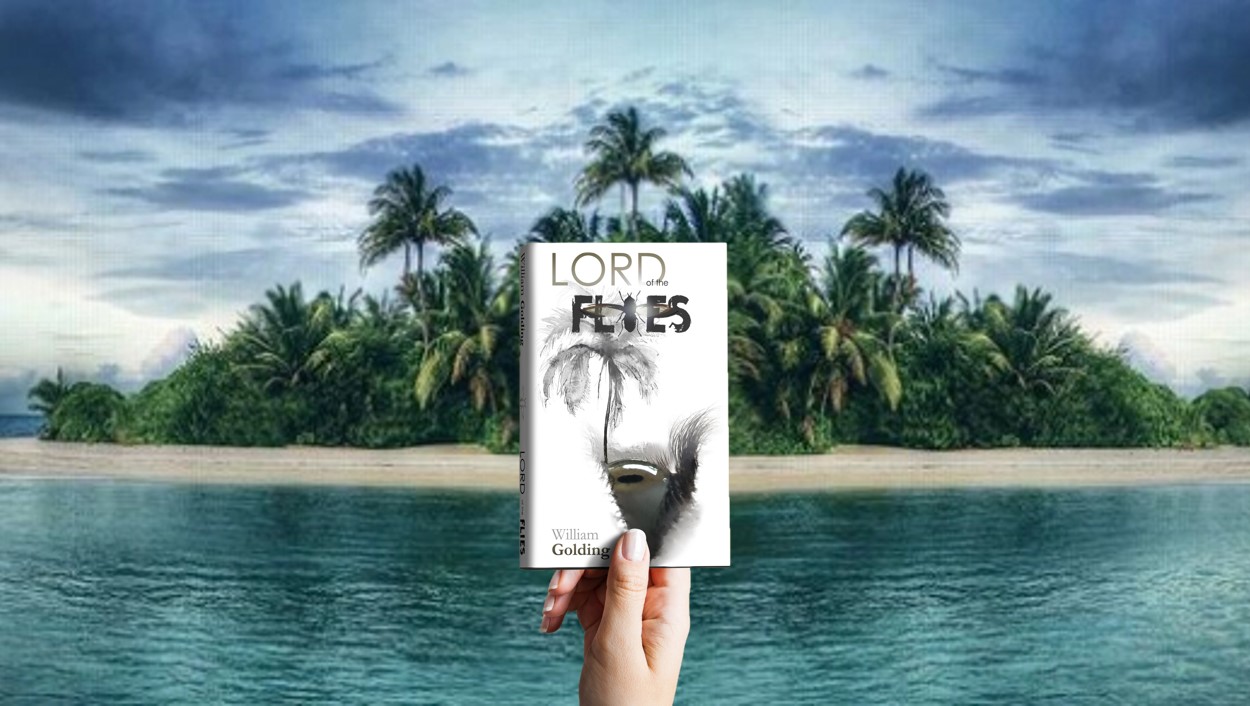A modern version of the novel “Lord of the Flies” is performed continuously and live, far from our sight, on deserted islands that have become deserted as we have been moving away from them, probably permanently.

Voja Žanetić
When the subject of peer violence was planned for this issue of “Vicinity” approximately two months ago, it was not known that the columns would be written after two terrible mass killing tragedies in Serbia. The first of the two mass murders took place in an elementary school. There is no peer violence more radical.
So, how and where can we start writing on our subject? It is an editorial, so some frameworks for considering peer violence could be stated: it can be direct and indirect; violence can be physical, verbal, psychological, emotional, social, sexual, digital; it can be different in strength and duration; and according to the aforementioned types, violence can be individual or combined…
After this enumeration, we could note down examples of the violent infrastructure of our society, illustrated by aggressive driving on the roads or aggressions of militarily powerful countries against weaker opponents. Wherever we were to start from, the personal or imperial perspective, little or not benign at all, we would find the signposts of violence which guide the younger generations. Yes, we would even talk about media and social media.
All this could be done. But we’ll do it like this:
* * * * *
Almost seventy years ago, the British writer William Golding published his first novel titled Lord of the Flies. As a very brief reminder, the novel deals with a group of boys who find themselves on a deserted island after a plane crash. All the adults on the plane had died, so the children must organize their new community on their own.
Social organization among children, at least the one we claim to be called civilization, did not last. Left to their own devices and to everything that humanity happens to entail when the binding social “restraints” are removed, the boys divide into opposing groups that fight for supremacy and power. Among the more primitive ones, demons are proclaimed and rites are established, there is also violence, murder… The novel also has a happy ending: members of the navy, who were looking for the downed plane, find the boys and take them away from the deserted island. Back to the world outside the island, where civilization in the meantime has neither visibly nor radically disappeared.
In creating the novel “Lord of the Flies”, Golding wrote a frightening social horror, which was actualized quite a few times before and after his book, but in the world of adults. Where social norms disappear or where they are deliberately forgotten – in the wide amoral space between fights and robberies, up to war crimes and genocide – violence will be the first, most effective, and often the only weapon for the process of decivilization. “Lord of the Flies” is all the more terrifying – and all the more horror(ful) than ordinary life – because it is precisely children, and in a short time, that are subject to what adults do all the time to themselves, when they forget that there is something that is more “adult” than them.
Values, rules, laws.
Community.
* * * * *
Peer violence, which we are talking about here, could perhaps be seen as a modern version of the novel “Lord of the Flies”. It is performed continuously and live, far from our sight, on deserted islands that have become deserted as we have been moving away from them, probably permanently. Schools, courtyards, streets, parks, fields, stadiums, halls, malls, digital spaces; these are all places that have been in need of a “navy” for a while now, one that will take the actors of peer violence – both the violent ones and those who are victims of violence – back to civilization, somewhere where adults may not have suffered a major accident yet. And if that world doesn’t exist, or enough of it doesn’t exist, then it will have to be created. With the help of everything that is left of the adult and wise in us.
Everything else is fly control, non-violently speaking.
There. Those are the only things we can say, right here and right now.



Leave A Comment